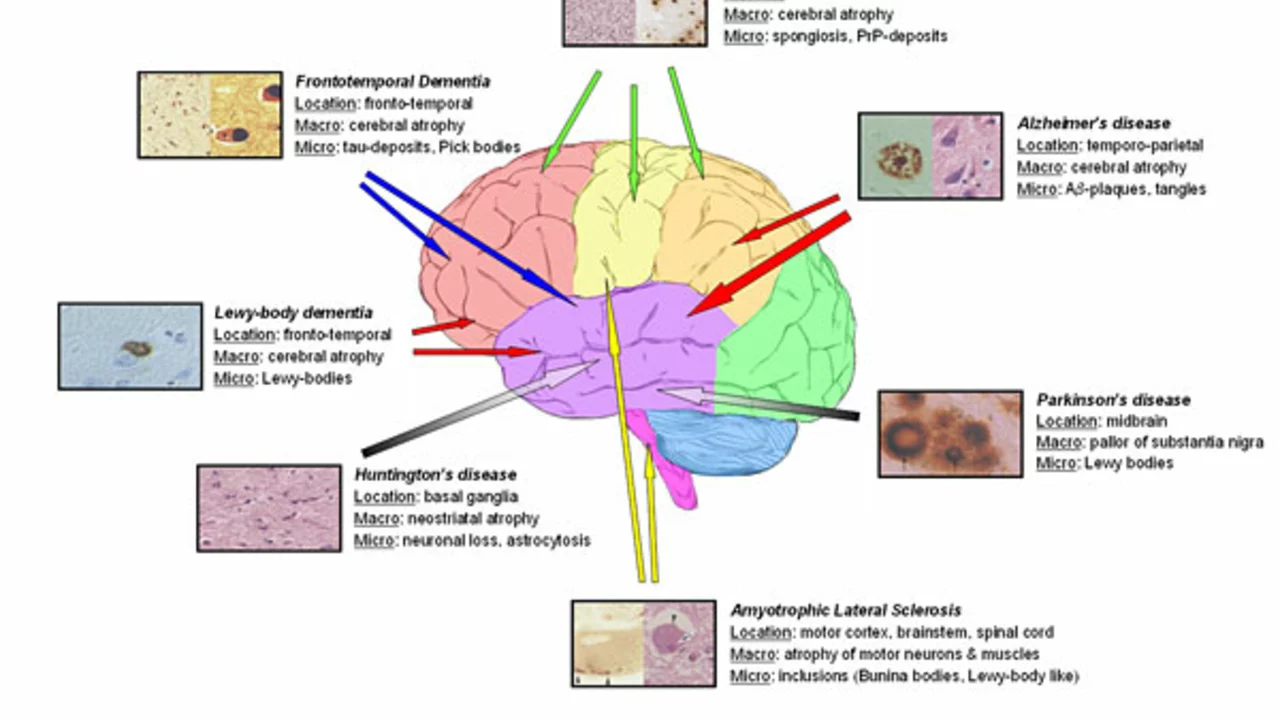Understanding Neurodegenerative Disorders
Neurodegenerative disorders are brain diseases that slowly damage nerve cells. Conditions like Alzheimer’s, Parkinson’s, and Huntington’s are some common examples. When these nerve cells stop working or die, it leads to issues with movement, memory, or other mental functions. Symptoms usually show up gradually and get worse over time. Knowing what to watch for early on can really help you or your loved ones get the right care faster.
Spotting the Signs Early
The signs vary depending on the disorder but can include memory loss, trouble walking, poor coordination, mood changes, or difficulty speaking. It’s important not to ignore these problems, especially if they seem to be worsening. A doctor’s visit can help figure out what’s going on and rule out other causes. They often run tests to pinpoint the exact disorder.
Early diagnosis means treatments and therapies can be started sooner, which may slow progression or improve quality of life. Plus, getting support early gives families time to plan ahead and learn how to handle the challenges that come with these disorders.
Managing Symptoms and Treatment Options
While some neurodegenerative disorders don’t have a cure, many treatments exist to ease symptoms and make daily life better. This can include medications to help with movement or mood, physical therapy to stay mobile, and counseling for mental health. Lifestyle changes like healthy eating, regular exercise, and mental activities can also support brain health.
Joining support groups or talking to a therapist helps with the emotional toll these diseases can take. If you or someone you care for faces a neurodegenerative disorder, reaching out to healthcare professionals and trusted online resources is a smart move. Staying informed and proactive gives you the best shot at managing the condition and maintaining independence as long as possible.
If you have questions about medications or want to know where to find reliable treatment info, check out trusted online pharmacies and disease information centers. They can be great starting points to get safe, up-to-date advice tailored to your needs.


